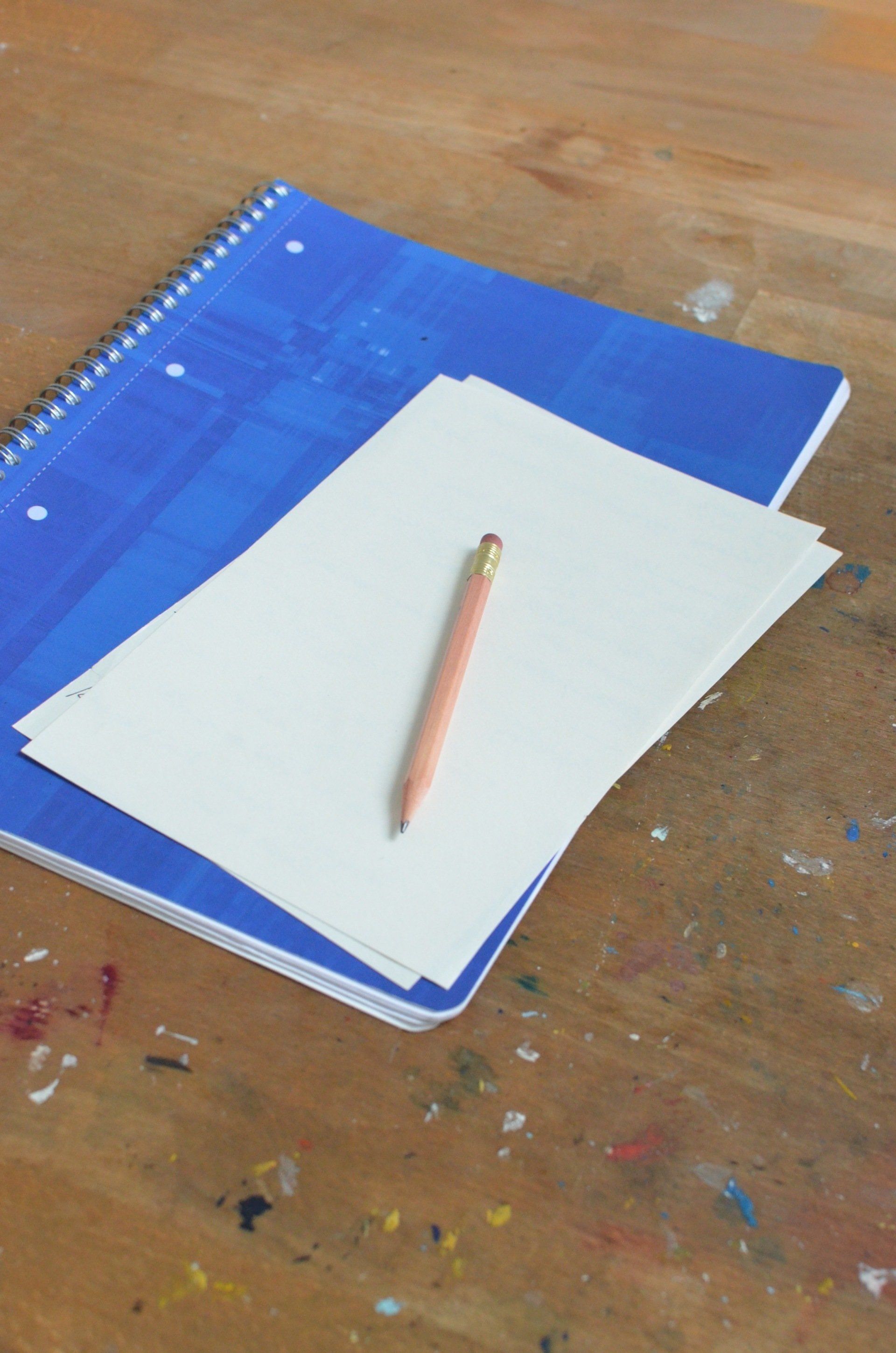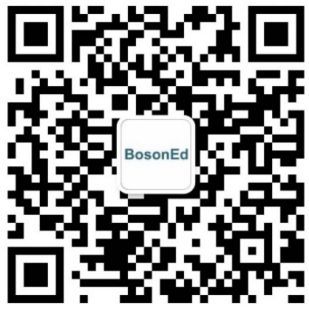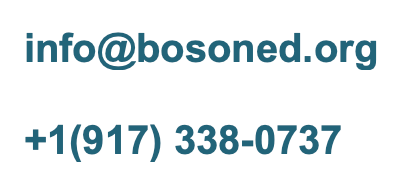【Case Study】Extra-curricular activities
John Hopkins University
Student Profile
1. GPA:4.0, ACT:35, Languages: English and French
2. Activities had done before hiring BosonEd
· Club Leader, Anime Club
· Editor and writer, MAL Rewrite club
· Counselor, York Science Explorations Camp
· Author of report on Alzheimer’s in news media (independent)
· Wrote 10-page long research
· paper under supervisor of university professor
· Piano Study
· Group Piano Assistant
High GPA is the student's strength, but their extracurricular activities are not strong: there is no summer school experience listed here. So, the student was very anxious during the initial consultation. The student wanted to apply to the top 15 colleges but had not decided on a major. The student told me they were interested in the following majors: Psychology, Music, Management, Data Science, which are very far from each other.
After the student hired BosonEd, we needed to plan his senior year activities. We talked about how to plan activities in our webinars: application theme related and major related. Since the student hadn’t determined an academic interest, we needed to focus on an application theme, which is best to base on activities the student had already participated in. Let's look at the existing activities: Anime is not usable, as the student explicitly said she will not study Computer Science. Music is a hobby not a special talent, which is hard to utilize as a theme in an application. The student's achievements in science are not very high either. Eventually, we decided on leadership as the theme. The reasons for choosing leadership are: 1) The entry threshold is relatively low, 2) It provides more room for execution during the application phase (essays, interview, etc).
After we determined the theme, we help the student applied to two summer programs related to leadership: Law Summer Program University of Toronto and Yale Young Global Scholars Program. We achieved: 1) The last two summer breaks were filled. 2) A new application theme was developed. The final application theme combined leadership, science, and language strengths.
New York University
Student Profile
1. GPA:4.08/4, 9 honors and AP classes, No SAT
2. Activities
· Model UN G10-G12
· School tour guide G10-G12
· Summer Volunteer Teacher G10, G11
· Summer program at Columbia G9
· Summer program at Wharton Global Youth Program-Future of the business world G10
· Summer program at Cornell: Science, Technology, and Politics G11
· Capstone research: Childcare distribution & Tech G 12
During the initial consultation, the student said she wanted to study economics. She had been participating in Model UN and volunteering at a school in teaching 6th graders. Toward the senior year, the student was somewhat hesitant about her major. She worried about future employment prospects and had thoughts of changing to Computer Science. Based on these requirements, we selected Cornell's Science, Technology, and Politics summer program for her. The capstone project in 12th grade also combined social issues and technology. As the result, she was admitted by NYU and now studying computer science.
Vanderbilt University
Student Profile
1. GPA: 4.0, 10 honors and AP classes
2. Activities
· University level research: Youth Talent Program/Biochemical interdisciplinary research/researcher
· Columbia University summer program: molecular genetics Grade 10
· Summer Session at University of Chicago: Academic seminar G11
· Biology competition: iGEM co-organizer Grade 11-12
· Biological club: organizer Grade 10, 11 and 12
During the initial consultation, the student was very confused about whether to focus on competitions or research. The mother, who knew the child best, said the child was not good at competitions and had a relatively introverted personality, lacking a strong competitive spirit. We planned most activities the student participated in were research and internships, with only one competition that, by the time of the application, the student only had participated the 1st round. The standout aspects of this student's profile were research at the university level and attending summer programs at Columbia University and the University of Chicago for two years in a row. His case tells us it's not that students in STEM fields can only rely on competitions; the key is to match the student's background. Everything needs to make sense. Some parents worry that research is hard to evaluate. This student submitted their research report as supplementary material.
Georgetown University
Student Profile
1. GPA: 4.0, 9 honors and AP classes, SAT: 1530
2. Activities
· Tri-Head, International Student Advisory G12
· Team Member, 2022 FBLA Competition, Chicago G 11
· Brand Management Intern G9
· Summer program Pioneer Research Program –Feminism in films G 11
· Summer Intern NY State Senate Campaign Internship G 11
The student had not decided on a major. As a result, she participated in a bunch of unrelated activities, including business competitions, media internships, and business-related internships. These activities were not connected and lacked a central theme. When the student consulted me, it was already the beginning of the application year, which meant we could only plan for the last summer's activities. For someone has this “mixed type” of activities, the main approach is to extract a main theme from existing materials rather than creating a new one. I discussed with the student the activities she had already done and the majors she was interested. We finally decided that media-related fields would be easier for her to apply to, but it had to be combined with what she had already done. The student attended an all-girls school and had previously participated in business-related activities. So, for last summer's activities, we focused on media, marketing, and women's studies. She used this as her final application theme and applied for media and women's studies programs.

















